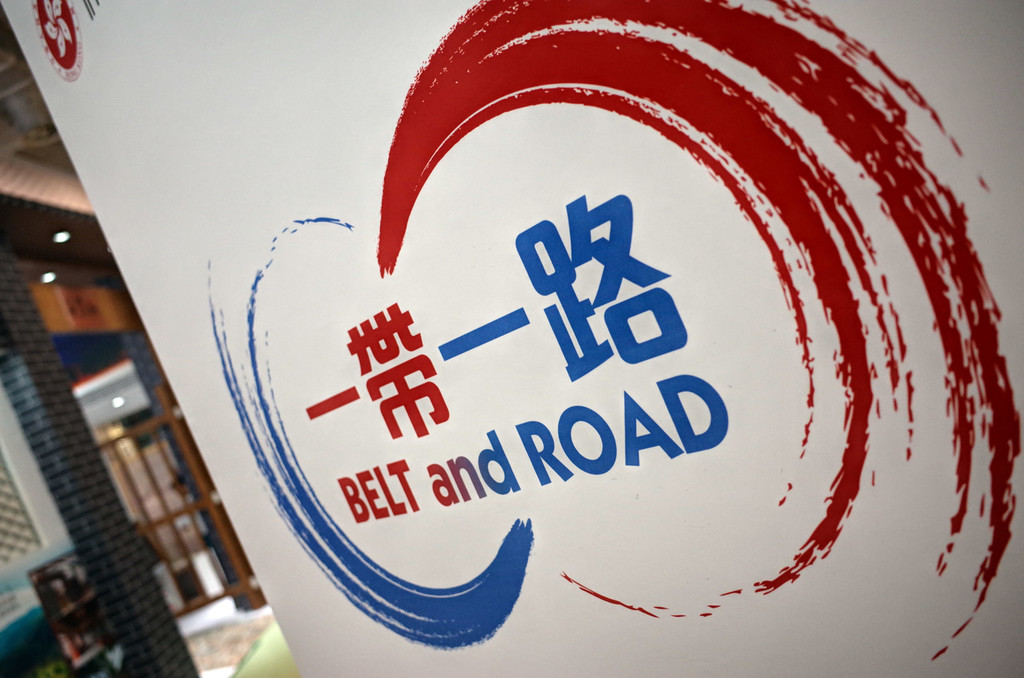The path ahead for multinationals in the era of deglobalization


The way out for multinational corporations in this changing world
The COVID-19 pandemic and the escalation of the Russia-Ukraine conflict have significantly reduced multinational corporations' response cycle in the face of deglobalization. With more and more sanctions imposed on Russia by the West, many countries that are not staunch partners of the United States are now more aware of the dangers of being economically tied to the United States and its allies. It is a strategic challenge for the CEOs of multinational corporations to assess how those sanctions risks imposed by the West have begun to merge with related risk areas, including cyber threats, emerging protectionism, global mobility, moving operations, corporate and contractual considerations, and the impact on government contractors. The multinational corporations mentioned above, represented by HSBC, face multiple dilemmas. All the more reason for the above companies to prepare early and find a suitable way out in the context of deglobalization.
To better avoid the risks brought by such sanctions in the Asia-Pacific in the future, there are four measures multinational firms can take: (1) move away from a globalized supply chain and markets toward a new reality of fragmented globalization, where localization and regionalization loom on the horizon; (2) shift from forced decoupling to selective decoupling and from comprehensive decoupling to targeted decoupling; (3) build a diversified supply chain system to guarantee the whole industrial chain and (4) attach importance to the Chinese market and create a "win-win global growth chain."
A new reality of fragmented globalization: In the current international political and economic landscape, the elements and scope of national security have been gradually expanded. In addition to traditional security threats, technological security, cybersecurity, environmental security, and energy security have been paid more and more attention by countries. The regulatory rules set up by various governments based on different security requirements often conflict with the guidelines adhered to by free trade.
Multinational corporations inevitably need to choose among these rules. However, no matter which rules are adopted, multinational corporations are unable to achieve effective hedging due to the complexity of the many different national regulations and the lack of mutual transparency. Therefore, localization or regional integration of business for different markets or interest groups will be a general trend in the future. Multinational corporations can only effectively avoid known or unknown regulatory policy risks by setting up different systems.
Moving toward targeted decoupling: Since the US adopted a decoupling policy toward China under the Trump administration, bilateral economic cooperation and cultural exchanges between China and the US have been affected in various aspects. However, in general, cooperation between China and the US is still running smoothly to a certain extent. Now that the massive economic break between the West and Russia has proved the possibility of a comprehensive decoupling, the Asia-Pacific should set up a mechanism in time to deal with this possible situation.
Instead of passively facing the risk of forced decoupling, multinational corporations should adopt a selective decoupling strategy to ensure their global development. After the comprehensive decoupling with Russia, governments began to realize the high risk of a broad-brush approach and are expected to decouple in critical areas such as high-tech industries in the future. Based on the above situation, multinational corporations should clarify their business types, adopt the selective decoupling strategy, and form a company layout with global, local, and regional facets.
Building a diversified supply chain system to guarantee the whole industrial chain: The global supply chain system has been greatly affected by COVID-19. Risks encountered in different countries' industry chains cross over each other, further elevating the risk. Coupled with the recent intensification of geopolitical conflicts, the already fragile supply chain makes the operating costs of multinational corporations relying on global cooperation rise continuously. Therefore, actively broadening and breaking down supply chain channels is important in securing supply chain security.
At the same time, the essence of the current international competition is the competition for control of the industrial chain – especially the competition for core technology in the industrial chain. On the one hand, multinational corporations should pursue self-supply in the industrial chain and master the core technology to the greatest extent possible. On the other hand, they should extend the cross-border dependence of the industrial chain to include local factors and consumer markets, so as to enhance the economic rationale for maintaining the security of the industrial chain.
Creating a 'win-win global growth chain': China-proposed Belt and Road Initiative has become a symbol of global cooperation even amid the broader trend toward deglobalization. Its attributes are in line with the goals of multinational corporations. The Belt and Road Initiative brings new opportunities for global businesses, allowing multinational corporations and small-to-medium enterprises alike to explore emerging markets and expand business opportunities with China, ASEAN, the Middle East, and Central and Eastern Europe. China's non-financial direct investment in Belt and Road countries will be $20.3 billion in 2021, up 14.1 percent year-on-year.
Multinational corporations should seize this opportunity and use their global networks and operational experience to deepen infrastructure construction, optimize the investment environment and cultivate future markets in Belt and Road countries. At the same time, multinational corporations should also take advantage of the internationalization of the Chinese renminbi to reduce the risks in settlement and hedging in specific markets. This approach could ensure these multinational corporations can fully enjoy the dividends of the Belt and Road Initiative while effectively avoiding the risks involved.
Kavoossi Masoud, PhD, is a professor of international business and international political economy at the School of Business at Howard University. Dingding Chen is the president of Intellisia Institute, an independent think tank focusing on international affairs in China.
The views don't necessarily reflect those of China Daily.




































